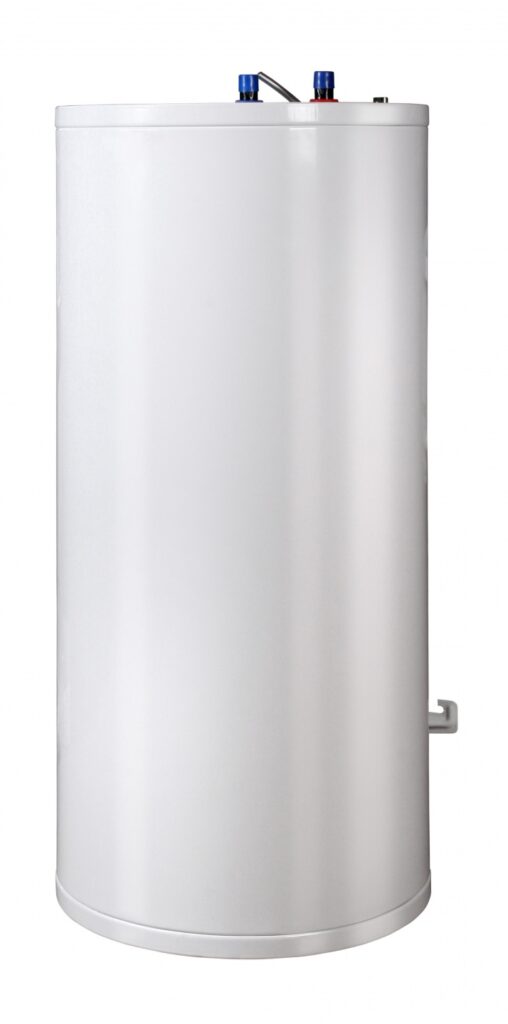If your home has hard water, that means that it has high mineral content. All water contains some level of minerals like calcium and magnesium, but some water contains very high levels of these minerals. If your water has at least 120 mg of minerals per liter of water it is considered hard. Over 180 mg of minerals per liter of water is very hard.
These minerals aren’t necessarily dangerous to drink, but they can have a negative impact on your home’s plumbing system, including your water heater. If you think that your home has hard water, you may need water heater repair in Birmingham, MI. Keep reading and learn more about hard water and the negative effects that it can have on your water heater.
Signs of Hard Water
First, it’s important to learn how to identify the signs of hard water. You can watch for:
- Scaling on your plumbing fixtures
- Soap scum left behind on dishes
- Appliances losing efficiency
- Laundry that feels stiff
Hard Water and Your Water Heater
When it comes to your water heater, the signs of hard water damage may not appear until the buildup is significant. When your water heater turns on to heat water for your home, it leaves the mineral deposits at the bottom of the tank. After a day, or even a week you would not notice these deposits, but over the course of a year they can become significant.
Since the heating element is at the bottom of your water heater, these minerals block the element from effectively heating water. You may begin to notice that your water is not getting as hot as it used to. If you go out and stand by your water heater while the element is on, you may be able to hear popping noises as the sediment moves around.
Sure, you can turn the temperature up and hope for better results. Meanwhile, the sediment is wearing on the bottom of your water heater. This can create weak spots that lead to holes and leaks. Another sign that your water tank is damaged by hard water deposits is noticing rust in your hot water. If this happens, it’s time to replace your tank. Unfortunately, corrosion cannot be repaired once it reaches the point of rusting.
Avoiding Hard Water Damage
The good news is, you can stay ahead of hard water damage when it comes to your water heater. Having a professional flush out the system once per year is a great way to ensure that mineral buildup doesn’t have too much chance to cause damage.
If you’re concerned about hard water damage across the rest of your home, you could install a water softener instead. A water softener would help to remove minerals before water ever enters your home, protecting all of your plumbing fixtures, appliances, and faucets at the same time. A water softener can also improve the taste of your water.
Contact Charter Home Comfort today to schedule an appointment with our professionals. Old fashioned values with tech savvy results!

